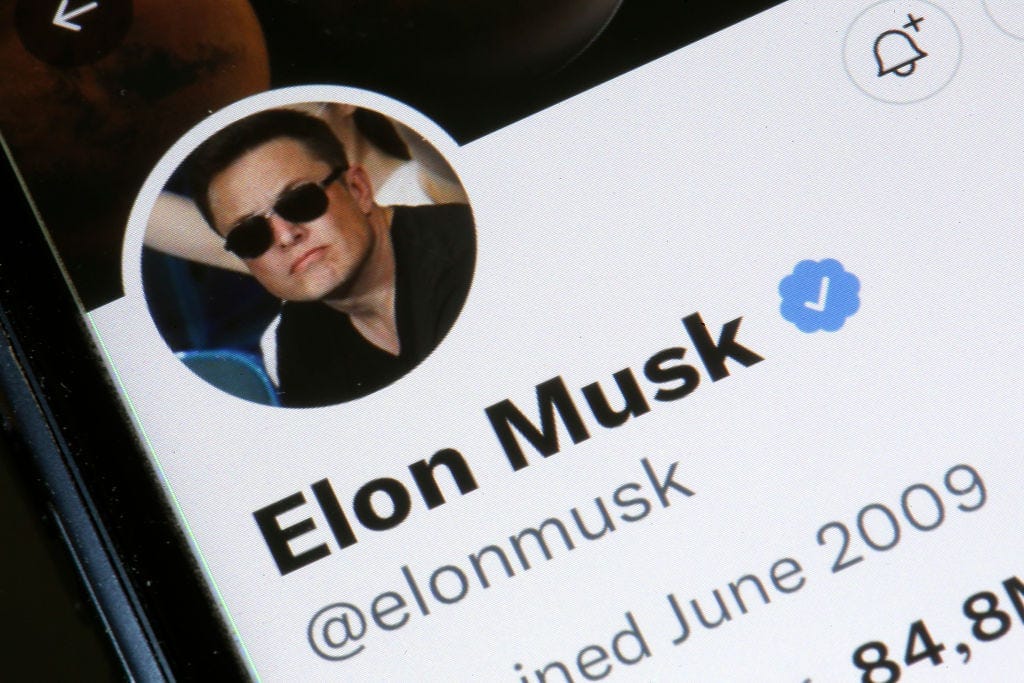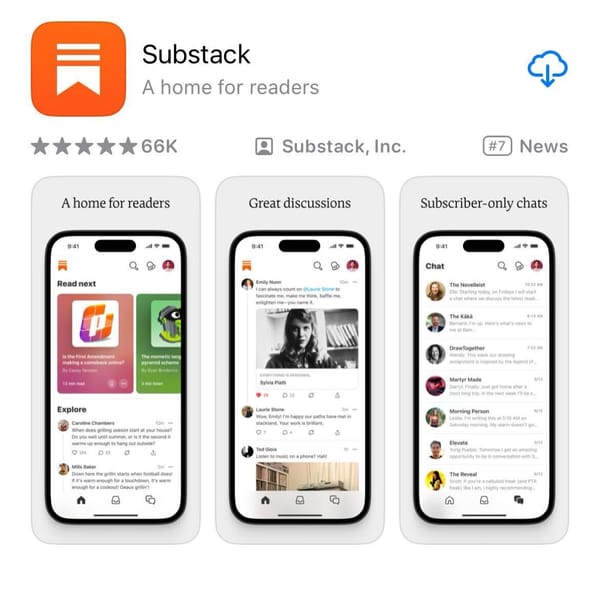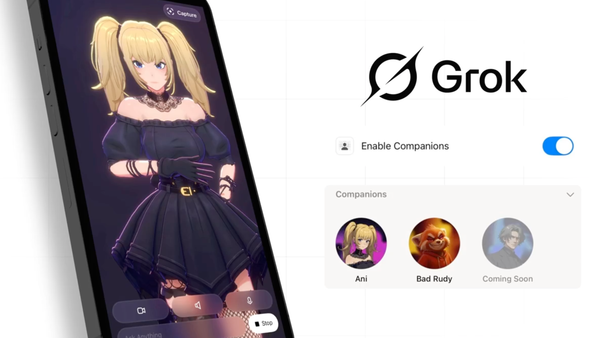Musk flips Twitter the bird
Will somebody at this company please show some leadership?

Normally when you buy a company, you talk it up. You talk about its strengths, about its potential, about its glorious future under your leadership. Normally you do not buy a company to re-litigate its past.
But Elon Musk is no normal acquirer, and neither is his behavior in the days since he announced his intent to buy Twitter for $44 billion. Musk has not acted like a white knight riding to the rescue of a beloved but underperforming cultural institution. Instead, he has rushed to publicly affirm various half-baked and bad-faith criticisms of the company, all emanating from the right, while insisting that Twitter must become (whatever this means) “politically neutral.”
Oh, also he’s denigrating the current employees:
On Wednesday, he tweeted a meme to his more than 86 million followers with the face of Twitter’s top lawyer, Vijaya Gadde, that appeared to suggest the company’s decisions are affected by a “left wing bias.” The tweet came hours after he criticized a 2020 policy decision Gadde made, and was in response to an earlier tweet from a political podcast host calling her the company’s “top censorship advocate.”
Twitter users quickly piled on — calling on Musk to fire Gadde or using racist language to describe her.
It’s no surprise that Musk disagrees with current company executives about their policymaking; he has said so from the start. Nor is it a shock that he would use his outsized platform to insult other people; it has been one his primary use cases for Twitter for years now.
But I still find myself taken aback that Musk would single out individual policy executives for this kind of public criticism now. In three to six months, if and when the deal closes, Musk is free to clean house; it has been apparent for weeks that few if any of Twitter’s current C-team will survive the transition. But to single out those executives today, while also responding sympathetically to right-wing conspiracy theorists, creates needless new turmoil at the company during an already turbulent time.
Let us count the ways. Gadde is now facing a torrent of racist abuse and death threats. Leslie Berland, the company’s chief marketing officer, came in for similar attacks this week after a recording of her reading employees’ questions aloud leaked.
And it’s not just executives: roughly a dozen Twitter employees have been doxxed by trolls in the past few days, I’m told. Sometimes it’s because they were responding to one of Musk’s tweets; other times it has been as simple as employees tweeting that they’re looking for new jobs.
At best, all of this has been a distraction for the work Twitter was doing before they were derailed by the acquisition. At worst, it’s leaving some employees fearful for their lives.
And about that issue — the actual consequences for people — the very vocal Musk has had nothing to say.
I’ve tried to keep an open mind about Musk buying Twitter. His achievements are real and impressive. I allowed myself to hope that he could channel his energy into kickstarting a new era of innovation at a company that has become the center of the daily news cycle.
But that would require a vision for the future. And as the days go on, it seems clearer that Musk doesn’t really have one. Oh sure, there’ll be a product tweak here or there. But for the most part he’s just here to settle old scores, and he plans to do it in the most personal way possible.





